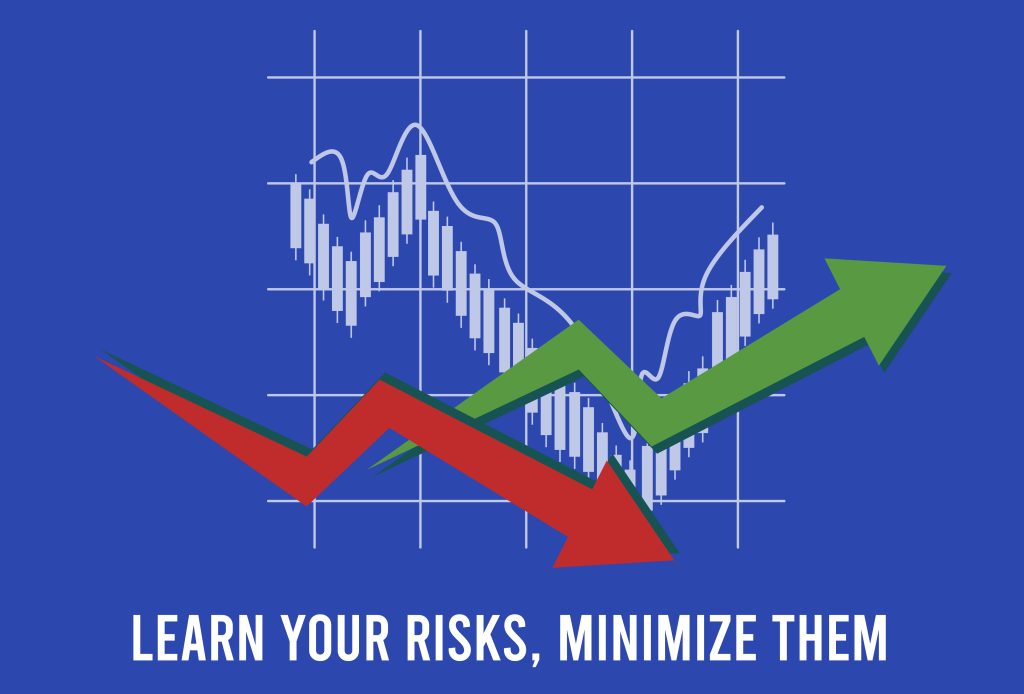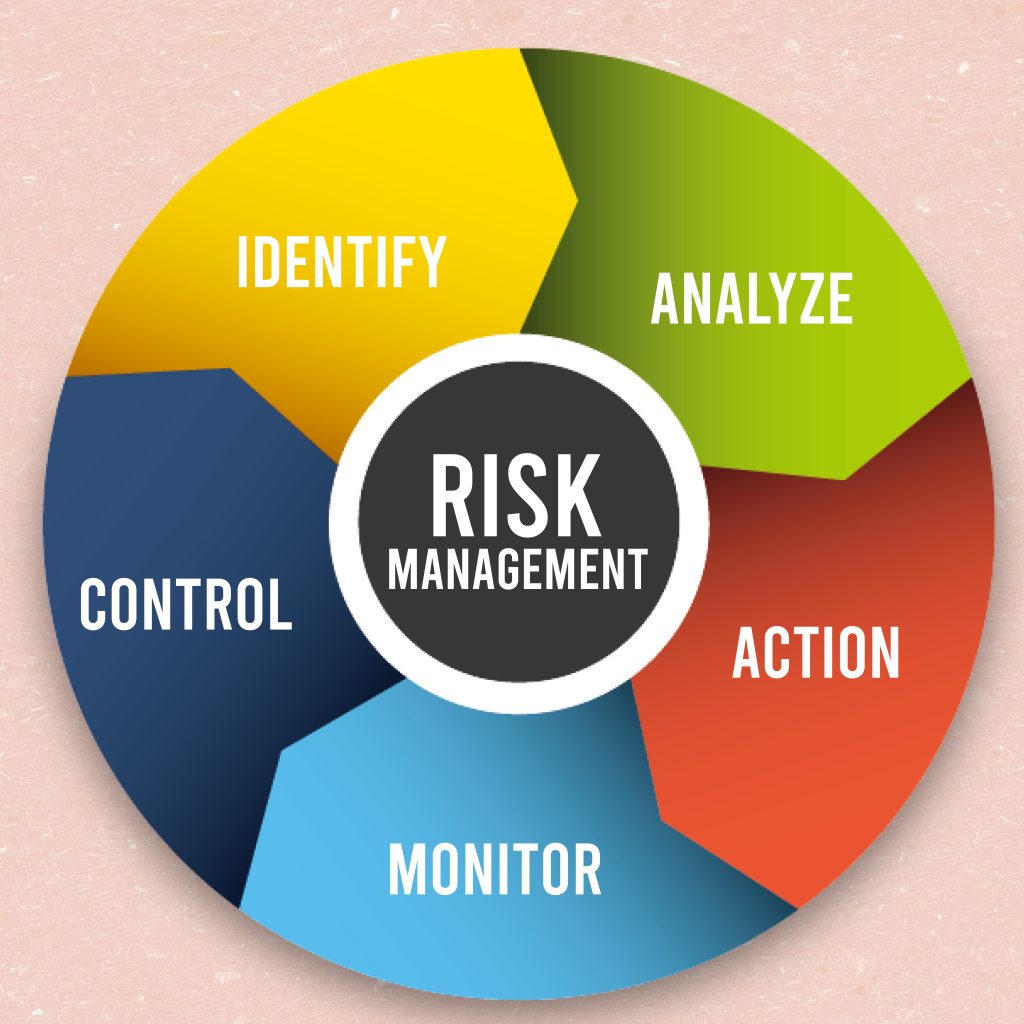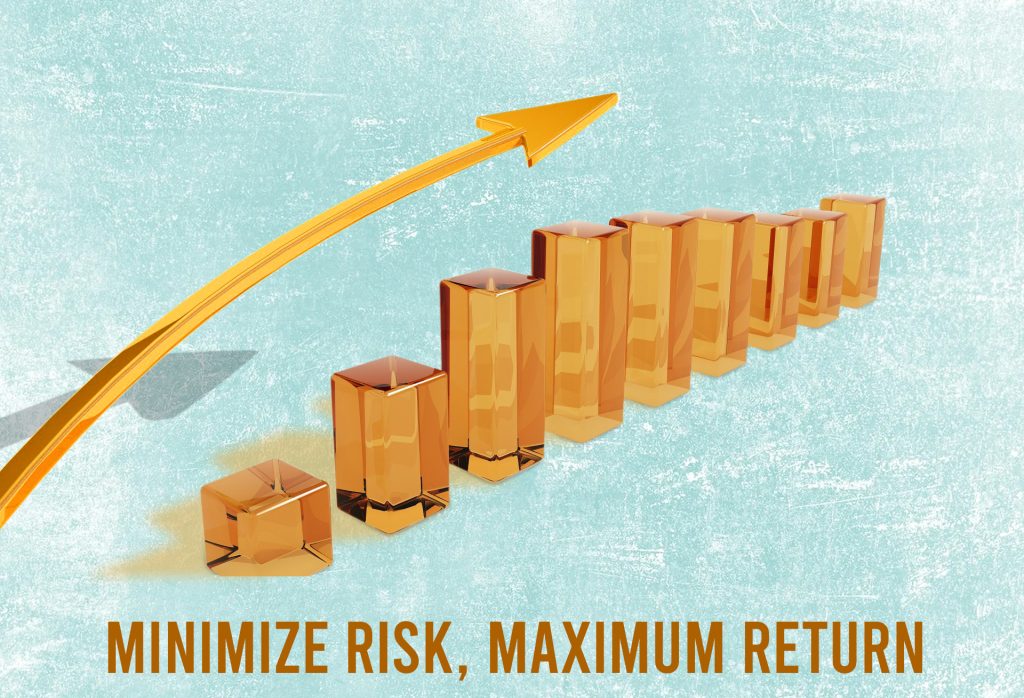Mastering Risk Management in Decentralized Exchanges (DEXs)
Trading on a decentralized exchange (DEX) offers various opportunities, such as increased privacy, asset ownership, and a diverse range of digital assets. Yet, like any form of trading, it has its risks. Effectively managing these risks is crucial to ensure that potential rewards outweigh potential pitfalls. This article explores the world of risk management in DEXs, providing valuable insights and strategies to navigate the Defi landscape safely and profitably.

Understanding the Risks in DEX Trading
As with any type of investing, decentralized exchanges come with their own unique set of risks. That said, here are the risks investors should understand before investing in a DEX.
Volatility
Cryptocurrency markets are renowned for their volatility because prices can soar but also plunge dramatically. While this volatility can offer profitable opportunities, it carries substantial risks. Being aware of these price swings and preparing for sudden fluctuations is the first step in effective risk management.
Security Concerns
Despite the advanced security protocols of blockchain technology, DEXs are not immune to security breaches. Smart contract bugs, user errors, and other security concerns are real risks that traders need to consider.
Regulatory Uncertainty
The regulatory environment for cryptocurrencies and DEXs is still evolving. Therefore, changes in regulations can influence the value and legality of specific crypto assets, adding another layer of risk to consider.
Risk Management Strategies
As one would guess, when it comes to investing in a DEX, effective risk management is paramount. Here are some strategies to help minimize risk:

Diversification
Diversification stands as a cornerstone strategy for risk management. By spreading investments across a variety of assets, traders can minimize the impact of poor performance on any single asset. In the context of DEXs, diversification may involve investing in various cryptocurrencies to distribute risk evenly.
Understanding the Market
Knowledge is a powerful tool in risk management. A trader’s understanding of the market significantly influences their ability to manage associated risks. This encompasses staying informed about market trends, comprehending the technologies behind different cryptocurrencies, and being mindful of broader economic and regulatory factors that can impact the market.
Using Stop Losses
Implementing stop losses is a practical risk management approach. This entails setting a predetermined level at which an asset will be sold, helping minimize losses in the event of a market downturn.

Security Protocols
When it comes to DEX trading, prioritizing security is non-negotiable. Let us explore some crucial security protocols and measures that can improve the DEX trading experience:
Regular Audits
Selecting a DEX that undergoes routine security audits is fundamental in reducing security risks. These audits confirm the robustness and currency of the exchange’s security protocols, offering peace of mind to traders.
Decentralized Management
Opting for decentralized management strategies can also enhance security. By reducing the centralization of assets and information, investors mitigate the risk of single-point vulnerabilities. This might involve employing multi-signature wallets and decentralized identity management.
Personal Security Measures
Beyond platform security, personal vigilance plays a vital role. Implementing secure internet connections, crafting strong, unique passwords, and utilizing hardware wallets to store assets offline are among the best practices to protect holdings from cyber threats.
Regulatory Compliance
In the realm of DEX trading, regulatory compliance is a dynamic and ever-changing landscape. Let us explore how investors can effectively manage the challenges it presents.
Stay Informed
In this constantly changing regulatory environment, knowledge is the most powerful weapon. So, stay up-to-date on the latest developments by following news from regulatory bodies. Or even consult with a professional legal advisor to gain a thorough understanding of how regulations affect assets and strategies.
Adaptation is Key
And remember that flexibility is also an ally when it comes to regulations. Thus, be prepared to adapt swiftly to new rules and guidelines. This may require reconfiguring the portfolio to align with emerging legal requirements or, if necessary, divesting from certain assets.
Harnessing Technology for Risk Management
Of course, technology takes center stage in an effective risk management strategy within the DEX space. With this, it is no longer just a tool; it is the cornerstone of informed, strategic trading. Here is why technology is pivotal:
Advanced Tools and Platforms
A wide array of advanced tools and platforms cater specifically to the unique demands of DEX trading. These technologies provide real-time analytics, in-depth insights, and comprehensive risk assessments, allowing investors to make informed decisions and manage their portfolio effectively.
Security Solutions
Technology empowers investors to fortify their security measures. From two-factor authentication to hardware wallets, there are myriad solutions designed to safeguard these assets against threats, ensuring that investments remain secure in the digital realm.
Monitoring and Automation
Modern technologies offer robust monitoring and automation capabilities. Investors can set up alerts, automate trading strategies, and continuously monitor the market for potential risks. This proactive approach is instrumental in risk mitigation.
Innovations and Opportunities
The digital landscape is a breeding ground for innovations. By staying informed about emerging technologies and trends, investors not only identify risks but also seize opportunities early on. However, it is essential to approach these innovations with caution, as they can carry unforeseen risks.
Conclusion
Ultimately, risk management in the context of decentralized exchanges is a multifaceted endeavor. It involves an intricate balance of understanding the inherent risks, employing effective strategies to mitigate these, and staying informed and adaptable in the face of an evolving market and regulatory landscape.
Armed with the right knowledge and tools, traders can navigate the exciting world of DEXs with confidence, ensuring that they are well-positioned to maximize their rewards while minimizing their risks. Every trader’s journey is unique, but the principles of effective risk management remain a constant guiding light in the world of decentralized exchange trading.
